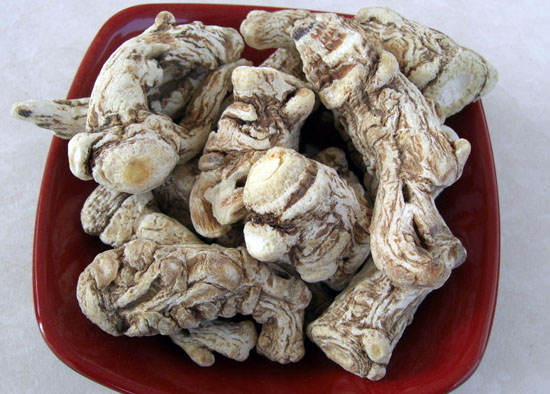Dong quai is also known as Chinese angelica. It belongs to the same plant family as parsley, celery, carrots, and poison hemlock. Dong quai has been used for thousands of years in traditional Chinese, Korean, and Japanese medicine. It is one of the most popular plants in Chinese medicine.
Dong quai has been called "female ginseng" because it is commonly used for health conditions in women. The plant has been used for menstrual cramps, anemia associated with menstruation, pregnancy, Premenstrual Syndrome (PMS), pelvic pain, recovery from childbirth or illness, and fatigue or low energy. Dong quai is used in both men and women for heart conditions, High Blood Pressure, inflammation, Headache, infections, and nerve pain.

It has been suggested that dong quai has weak estrogen-like effects. However, it remains unclear whether dong quai has the same effects as estrogens, blocks estrogen activity, or lacks significant hormonal effects.
Dong quai is often used in combination with other herbs for liver and spleen problems. It is thought to work best in people who have a calm, reserved profile, and is thought to be a mildly warming herb. Dong quai is believed to help nourish the blood and balance energy.
There is little human evidence to support the medical use of dong quai. Dong quai has been studied for many conditions, including absent menstrual periods, arthritis, blood circulation, brain disorders, heart disease, immune problems, and Sexual Dysfunction. More high-quality research is needed to confirm the use of dong quai for any condition.

![Diseases, Symptoms, tcm, [tcmwindow.com]](/uploadFile/adImg/2015/11/11/f5cbfcc0-4df5-4646-9b9a-f316651a0199.jpg)





